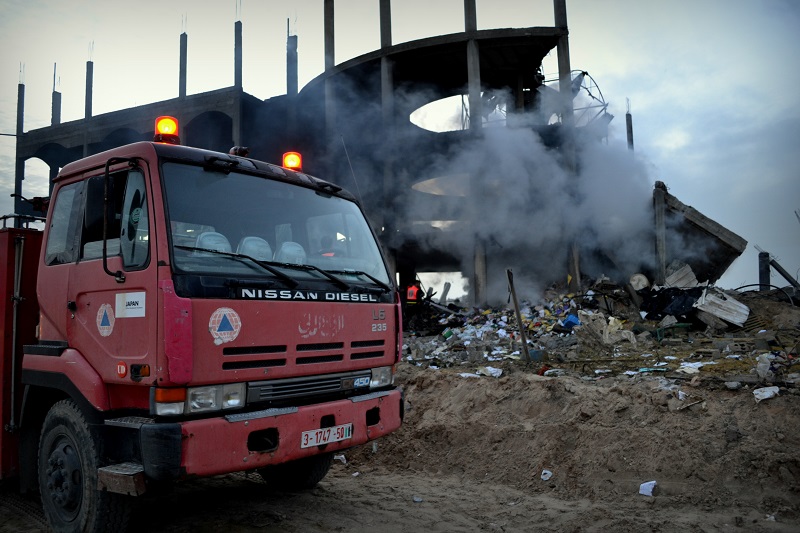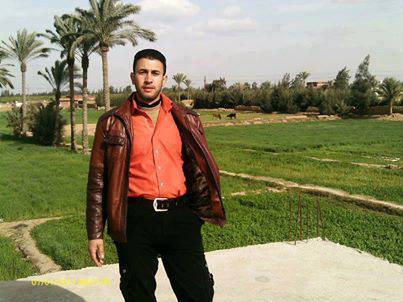Tag: Khan Younis
-
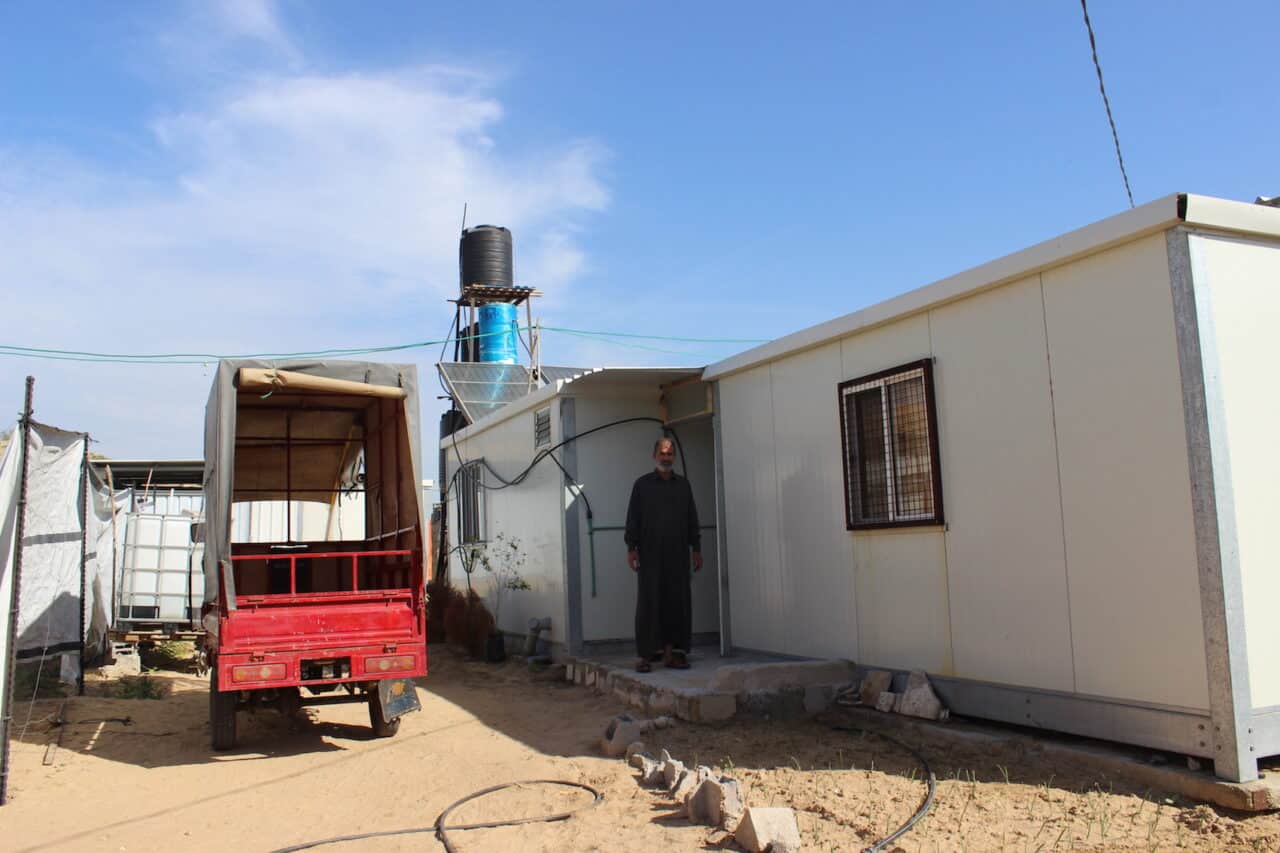
Palestinian refugees fleeing Syria seek home in Gaza
February 11, 2016| International Solidarity Movement, Gaza team | Khan Younis, Gaza strip, occupied Palestine Palestinian refugee Heesham Ahmed El Khoranin and his family have already survived 2 Israeli assaults against the Gaza Strip since he returned after fleeing from Syria in 2011. Heesham grandparents were born in Masmiya, 42km north of Gaza, one of…
-
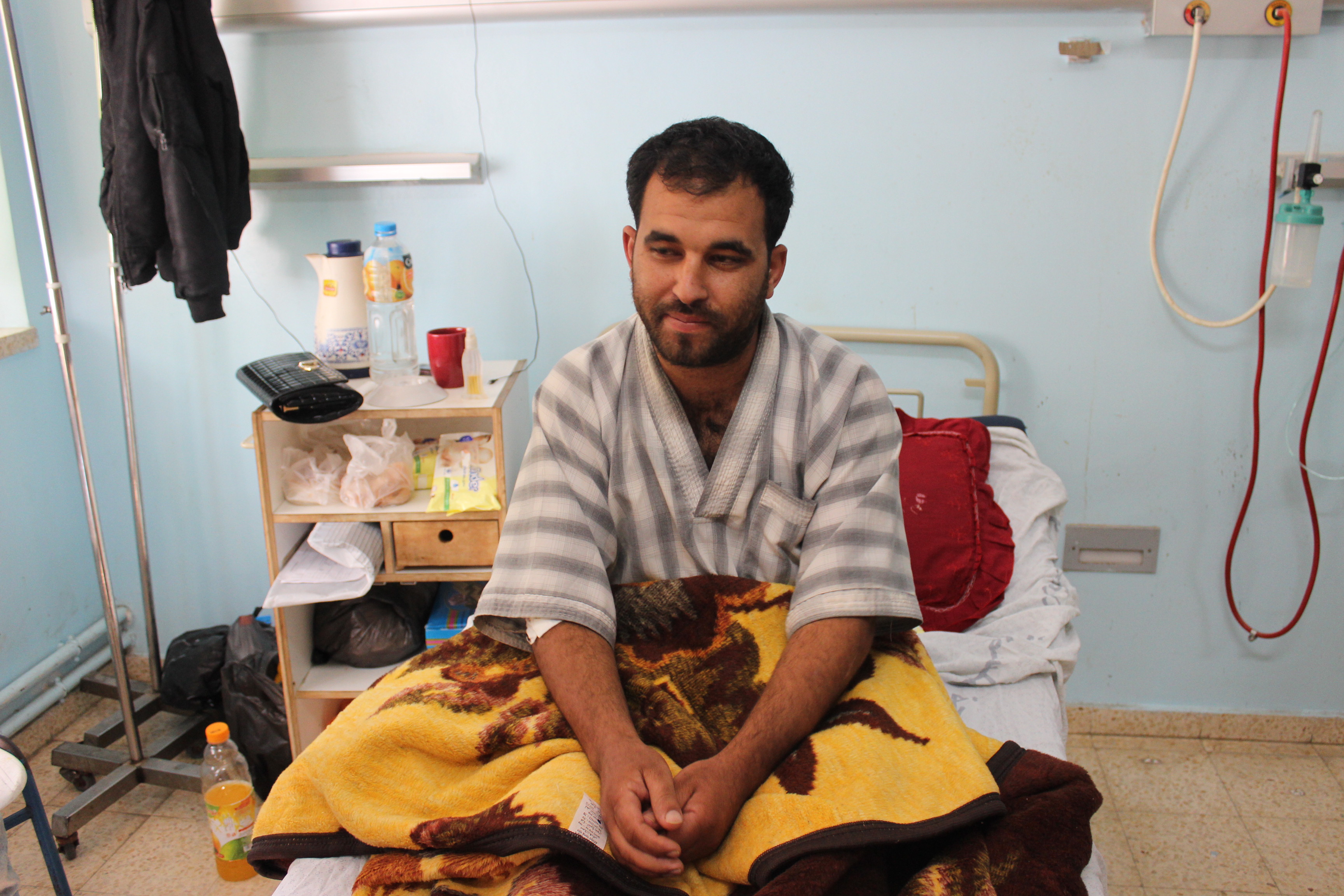
In Gaza, another farmer shot by a sniper for working his land
December 8th, 2015 | International Solidarity Movement, Gaza team | Khan Younis, Gaza strip, occupied Palestine A week ago Mohamed Abu Taima, 29 years-old and father of a small girl, was working his land 450m from the separation fence when an Israeli sniper shot him. At 4pm, he had arrived to his land in Al Faraheen,…
-
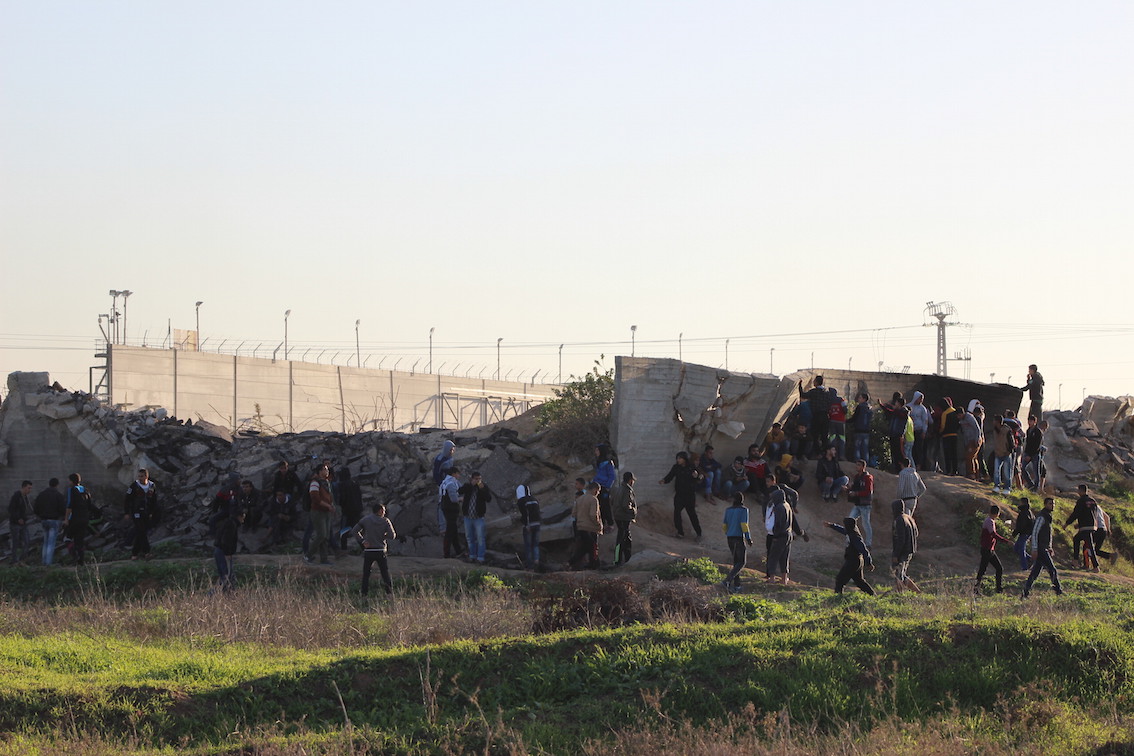
Many injured during the friday protests in Gaza
December 4th, 2015 | International Solidarity Movement, Gaza team | Gaza strip, occupied Palestine There were many protests this Friday again in Gaza. According to the information provided by the ministry of health, 10 people have been injured in the Khan Younees area, mainly in El Farahin. 11 people have been injured in the Central Area.…
-
Gaza man “kidnapped” by Israel in Sinai, says family
11th October 2013 | The Electronic Intifada, Joe Catron | Khan Younis, Occupied Palestine The abduction of a Palestinian-Egyptian from the Sinai on the eve of Egypt’s 3 July coup has highlighted the network of collaborators and agents working with Israel in the peninsula. Wael Abu Rida crossed the Rafah border from Gaza into Egypt on 6 June with his family, including…

